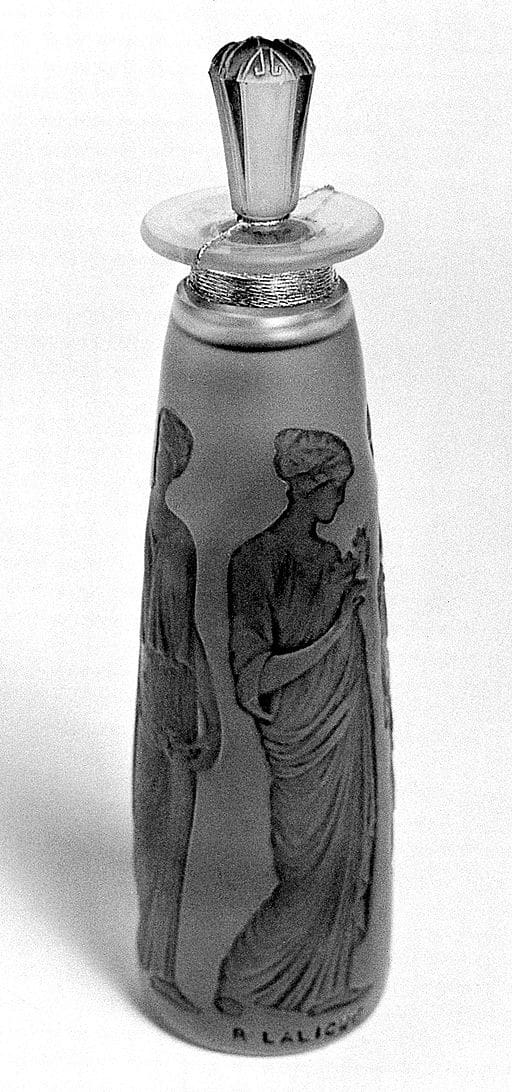All counterfeiting is trademark infringement, but not all trademark infringement is counterfeiting.
So what exactly is the difference?
Trademark infringement is the unauthorized use of a trademark or service mark on or in connection with goods and/or services in a manner that’s likely to cause consumer confusion, deception, or mistake about the source of the goods and/or services.
Under 15 U.S.C. § 1127, a “counterfeit” trademark is a spurious mark which is identical with, or substantially indistinguishable from, a registered mark.
Confusion or mistake can be unintentional; deception cannot be.
A recent federal court case in New York explored the distinction between the two concepts.
Coty, Inc., et. al. v. Excell Brands, LLC involved the Coty family of companies, which make high-quality fragrances.
According to the court,
Defendant, Excell Brands, LLC (“Excell”), seeking to capitalize on the success of Coty’s well-known fragrances, produced cheap “versions” of Coty’s fragrances, with similar names (for example, “Possession” for “Obsession”) and nearly identical packaging. Compounding matters, Excell prominently included on its packaging Coty’s own marks, albeit under words to the effect of “Our Version Of” in comparatively smaller text.
Coty brought suit for trademark infringement and unfair competition, trademark dilution, and false advertising, under federal and New York law.
The court concluded that
Excell’s imitation crossed the line from flattery to infringement, dilution, unfair competition, and false advertising — but did not cross the line far enough to constitute counterfeiting within the meaning of federal law.
The court found that Excell’s disclaimers saved it from counterfeiting liability:
In short, although Excell certainly sought to capitalize on Coty’s goodwill by creating customer confusion between the two companies’ products, the Court cannot conclude that the company went so far as to try “to trick. . . consumer[s] into believing” they were actually buying Coty’s fragrances.
As the court noted, “Imitation may well be the sincerest form of flattery, but if taken too far it can also be costly.”
What makes the case even more interesting is that several of Excell’s principals and employees were indicted for money laundering and other offenses. The charge is that they laundered money through Excell for the benefit of certain Latin American drug cartels.
To receive poetic updates on IP law, sign up for our monthly collection of patent haikus and news here:


